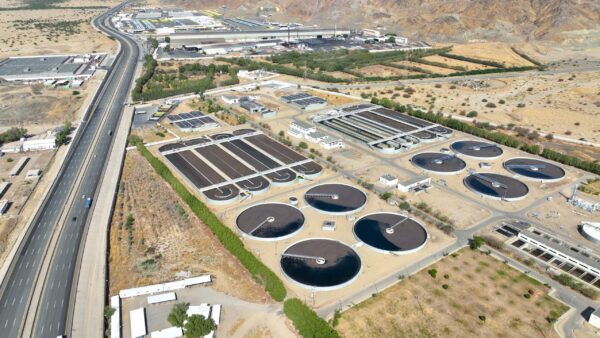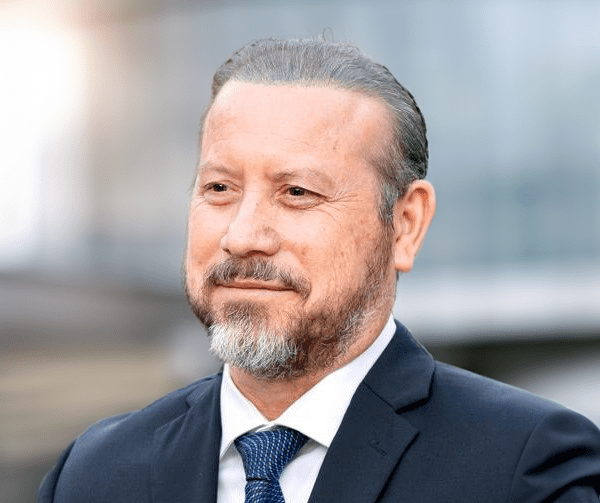

The major push amongst GCC states to invest in Africa can be traced back to 2007/08 in response to the global food price crisis at that time, with a majority of the money being spent on buying up agricultural lands and strategic commodity production. Agri-business, sovereign wealth funds and other agri-investment companies were the main players then. Primarily state-led, the investments at that time focused on framework agreements with the host market, guaranteeing purchases and providing subsidized credit, the Oxford Business Group said in a report. Fast forward to 2015, and the Dubai Chamber of Commerce noted Gulf entities had contributed in excess of $30 billion to African infrastructure development over the previous 10 years, the report said.
While a more strategic necessity related to food security may have been the prime driver for mega GCC investments in Africa a decade ago. In reality, investments had started to flow during the 1980s, thanks to the oil boom in the Gulf states that led to GCC private investors buying land at cheap prices in North Africa, said Waleed Abdel Fattah, senior vice president and regional manager of North Africa for Hill International. “From a cultural perspective, North Africa is seen as very close to the GCC. In fact, they speak the same language and geographically it is also close to the Gulf states, compared with other destinations like Europe and Asia where they have been investing,” he said. Besides agriculture, the past decade has also seen growing GCC investments in the real estate, tourism and luxury sectors particularly in the North African nations of Morocco, Algeria, Tunisia and Egypt. For confidentiality and competitiveness reasons, there is probably no definitive figure on total GCC investments in North Africa’s real estate and tourism sectors. But it could likely be in excess of $15 billion, with that figure anticipated to grow further. The prime drivers for such an expectation would be devaluation of the local currencies, a slower pace of economic growth and the evolution of a new political system in the wake of the Arab Spring of 2011. Investments in North Africa come with a greater degree of risk, but returns are higher at some 20% to 25%, he said.
“GCC investors targeted Morocco, Tunisia, Algeria and Egypt for investments as there is a growing inflow of tourists into these nations. While Morocco and Tunisia, due to its Franco-phone background and pristine beaches, is being increasing seen as a destination for primarily French-speaking tourists, the ancient history of Egypt and its treasure trove of artefacts is a prime attraction for global visitors,” he said. The net result has been major investments in real estate and tourism projects in North Africa, with investments flowing from the private sector in Qatar, the UAE, Kuwait and Saudi Arabia. Hill International is already at the center of such investments, with the company currently carrying out contracts to provide project management services for over six facilities in Morocco. A case in point is the contract for the Al Houara Coastal Resort Project in Tangier, Morocco, that will be spread over 234 hectares on the oceanfront. The development will be a mixed-use golf and beach resort that includes two hotels of 300 and 150 keys each, serviced apartments, beach villas, apartments and clubhouse, an 18-hole PGA golf course, country club, golf view villas and apartments, retail facilities, a resort spa and various water sport and family amenities.
Low oil prices
With oil prices remaining low in the past several months, looking ahead it will undoubtedly impact planned GCC investments in North Africa. But Abdel Fattah said there is still a lot of funding available for new projects. “Awards are still being made and construction contracts are still being placed. We will likely see the impact of low prices over a period of time, rather than immediately,” he noted. It is not the GCC alone which is the prime source of funding for North Africa. “European sovereign funds are also flowing in and so are investments from Asian states like Japan. The Chinese too are staging their entry here [North Africa] by using the EPC-plus-financing strategy for the transport and infrastructure sectors,” Abdel Fattah said. With a growth in the indigenous population – coupled with the need to expand airports, roads and transportation services to sustain the inflow of tourists – money is also being spent in these sectors too. In Egypt, Hill International is moving ahead with its project management contract for renovation of the second terminal building at the Cairo International Airport. The $500 million project is due to be completed in the “next couple of months”, Abdel Fattah said, and will double the terminal’s capacity to handle 7.5 million passengers.
Be it New York, Washington DC, Chicago and Toronto in North America, or Paris and London in Europe, North Africa and the Levant region (Lebanon) will always be a special place for GCC investors. While ‘cultural affinity’ will always remain a prime driver, another advantage will be the security of investments closer to home. With crude oil prices expected to bounce back at some time in the future – given the cyclical nature of the global commodity industry – GCC investments will flow more prominently into Morocco, Tunisia, Algeria and Egypt. With its presence in each of those North African states, Hill International is well-positioned to pursue major new projects.
By Ashok Dutta
Share

June 23, 2025 | Articles
Jeffrey Hurley Joins Hill’s Northern California Rail Practice

June 23, 2025 | Articles
Ready, Set, Grow: First VP Chad Koelling Takes Charge of Hill’s Mountain West Region

June 8, 2025 | Articles
PMO in Saudi Arabia: The Holistic Approach to Realizing a National Mega-Portfolio

June 1, 2025 | Articles

May 26, 2025 | Articles

May 12, 2025 | Articles
Keeping Your Water/Wastewater Programs Flowing with Public Relations

April 27, 2025 | Articles
Oiling the Machine: Steps to Successful Permitting on Infrastructure Megaprojects

April 20, 2025 | Articles
Sustainable Scaling: Solutions for Managing Risk on Europe’s Data Center Projects